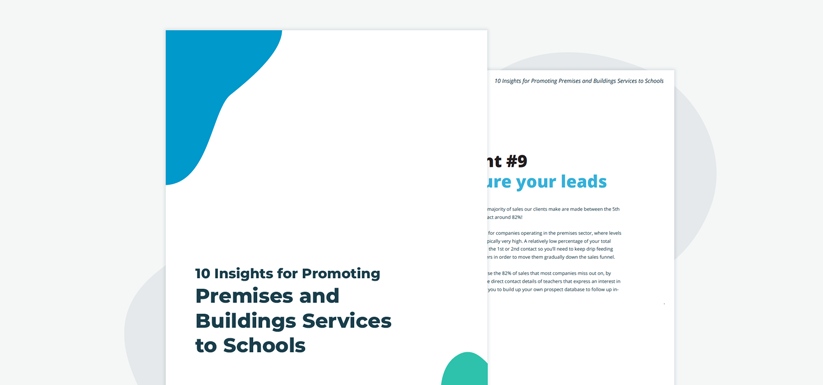Don’t Play The Numbers Game
Don’t Play The Numbers Game
In the last 18 months we’ve completely transformed our whole marketing ethos. Instead of expending our energy exp...
In the last 18 months we’ve completely transformed our whole marketing ethos. Instead of expending our energy exp...
In the last 18 months we’ve completely transformed our whole marketing ethos.
Instead of expending our energy expanding our CRM, we’ve focussed on improving the quality of the interactions we have with those people we’re already connected with (aided of course by Campus).
The result of this cultural change has been incredible; referrals of our service have increased by 88%, sales have rocketed by 24%, and we even scooped the prestigious ‘Marketing Campaign of the Year’ Award at the South West Business Awards.
Yet, as we edge closer to the time when we’ll be letting our clients experience Campus for themselves, I can’t help but think that the ideas it promotes fly in the face of the way many sellers to schools still think about their marketing.
In short, too many are still playing the numbers game.
Let's take social media as an example. One of the questions I'm being asked more and more often is, “Should my business be buying Facebook fans and Twitter followers?”. This illustrates perfectly the outdated ethos that is prevalent in the marketing to schools sector; namely that it's all about numbers.
I completely understand the desire to appear social media savvy and I know how tempting it is to think of the sudden acquisition of hundreds of fake fans and followers as a quick and easy way of boosting both your profile and your credibility.
However, playing the numbers game in this way can end up doing a great deal of damage to your brand. It will also, ironically, end up causing your social media presence to fade.
Let’s look at how Facebook works as an example.
When you publish a post, Facebook distributes it to a small fraction of your fans in order to gauge their reaction. If the reaction is positive (engagement, comments, likes etc) then Facebook will distribute it to more of your fans and hey presto the reach of your post goes up and up.
If many of your Facebook fans are fake, then Facebook’s initial distribution will go out to fewer ‘real’ fans. This obviously results in a huge drop in your engagement levels and consequently your post will end up reaching far fewer people.
This means that many of your genuine fans won’t even get to see it!
So, what’s my advice?
Don’t play the numbers game. Marketing to schools is all about the quality of conversations you have, not the number of connections you make. Focus on producing quality content that helps you grow your followers organically.
Don’t look for shortcuts. It’s hard work, but gradually building up a loyal band of faithful fans and followers that interact with you on a daily basis will make you the real winner on the social media stock exchange.
Then why not let Campus help you apply this approach to your entire marketing to schools strategy? It’s already transformed our business and I know that it can do exactly the same for you if you’re willing to embrace the ideas behind it.
Tags
Marketing to Schools
Selling to Schools
Emailing Teachers
Schools Database
UK Schools Marketing
How to Sell to Schools
Similar Articles


VIDEO: EdTech Insights for Your Marketing Campaign
Our latest video on chapter 5 of the State of Selling to Schools 2023 report - EdTech in Schools, in which we uncover what you can learn from the success of EdTech.


Marketing Premises and Buildings Services to Schools
Learn 10 game-changing insights especially for premises and building suppliers to enhance your education marketing campaigns when emailing schools.


Expert marketing to schools support and solutions
Expert marketing to schools solutions
Email Head Teachers, Teachers, and Staff Inboxes
Email teachers and staff inboxes
Sell More to UK and Global Schools and Colleges
Sell more to schools and colleges

























